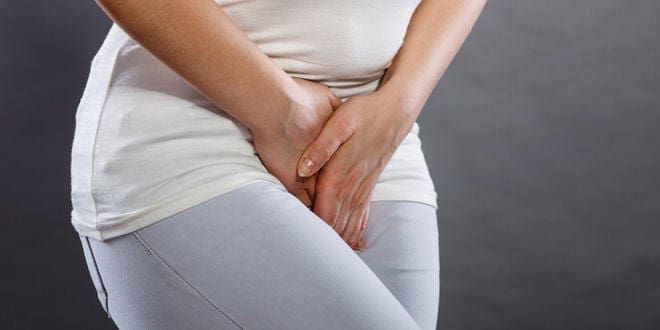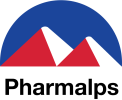Frequent Urination

The term “urge to urinate” describes the natural need to empty the bladder as it fills up. A healthy bladder usually holds around 0.4–0.5 litres of urine produced in the kidneys until it is full and makes itself felt in the form of the natural urge to urinate. In adults, frequencies of up to six times during the day and up to a maximum of twice at night are physiological.
However, if this urge occurs remarkably frequently—i.e., more than six times during the day and more than twice at night—it is referred to as frequent or increased urination. In this case, a distinction can be made between two possible forms: so-called pollakiuria, in which there is a frequent urge to urinate but the amount of urine produced and excreted does not increase, and nocturia, in which the excessive urge to urinate occurs mainly at night.
The normal production and excretion of urine during the day depends on fluid intake and is approximately 1.5 litres with a daily intake of 2 litres of unsweetened liquid. Pathologically increased urine excretion, so-called polyuria, occurs when the amount of urine excreted daily exceeds 2–3 liters. A constantly increased feeling of thirst with a corresponding increase in fluid intake leads to increased urine excretion. Another reason for the frequent urge to urinate can be a reduced bladder filling with the same amount of fluid. The causes of this are often serious and require further clarification.
Frequent urination can be a very stressful situation for those affected; they constantly have to go to the toilet, and their sleep at night is also disturbed by the increased urination. This can go so far that those affected withdraw more and more from social life due to the great suffering.
This symptom can often be a precursor to a number of diseases that require urgent clarification. Possible causes of frequent urination include diabetes mellitus, a harmless enlargement of the prostate (benign prostatic hypertrophy), and serious kidney and bladder diseases. Other clinical pictures in which small amounts of urine are excreted at short intervals, often in conjunction with pain, are bladder or prostate inflammation.
Feel free to contact us if you have any inquiries or if you would like to book an appointment.
*Pharmalps is not a clinic*
**Pharmalps offers medical tourism consultancy**

